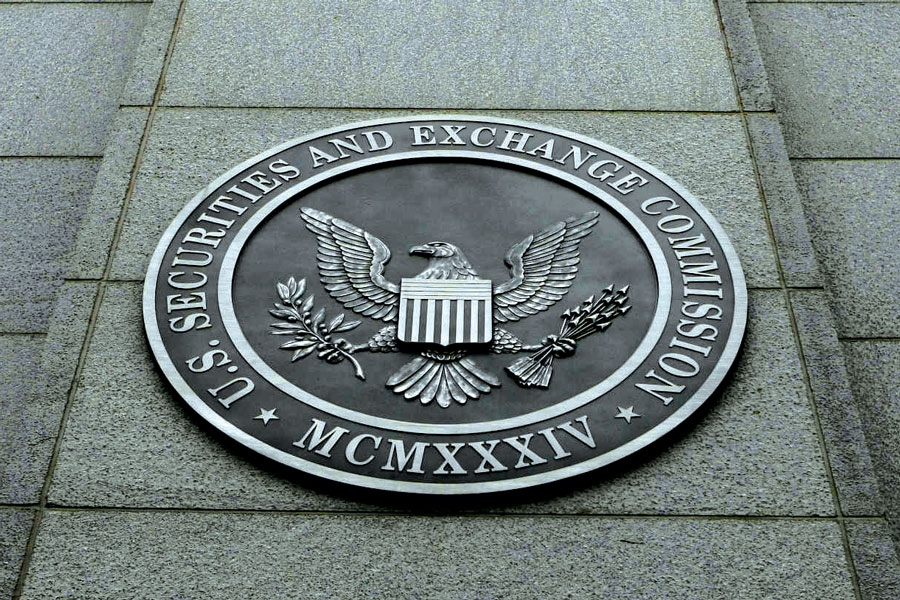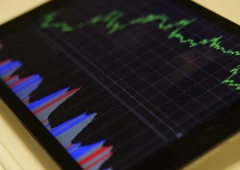SEC Revises Binance Lawsuit, Avoids Court Ruling on Crypto Securities
30.07.2024 12:15 1 min. read Alexander Stefanov
The U.S. SEC is amending its lawsuit against Binance, Binance.US, and co-founder Changpeng Zhao, specifically regarding third-party crypto asset securities.
The SEC intends to modify its complaint without needing a court ruling on the status of certain crypto tokens, following a decision that BNB and secondary sales of BUSD are not securities.
Both parties have agreed to a 30-day schedule for submitting these amendments and related documents.
This update offers partial relief for crypto assets such as Solana (SOL), Cardano (ADA), and Polygon (MATIC), initially included in the SEC’s complaint. Other tokens involved are FIL, ATOM, SAND, MANA, ALGO, AXS, and COTI.
Binance claims the SEC’s amendment proposal was disclosed late, suggesting broader changes.
Binance is hesitant to agree to the discovery process without first reviewing the new complaint. Jeremy M. Christiansen has filed to represent Binance Holdings in this lawsuit.
-
1
Trump Imposes 50% Tariff on Brazil: Political Tensions and Censorship at the Center
10.07.2025 7:00 2 min. read -
2
Key Crypto Events to Watch in the Next Months
20.07.2025 22:00 2 min. read -
3
USA Imposes Tariffs on Multiple Countries: How the Crypto Market Could React
08.07.2025 8:30 2 min. read -
4
UAE Regulators Dismiss Toncoin Residency Rumors
07.07.2025 11:12 2 min. read -
5
Ripple Selects BNY Mellon as Custodian for RLUSD Stablecoin Reserves
09.07.2025 15:28 2 min. read
Two Upcoming Decisions Could Shake Crypto Markets This Week
The final days of July could bring critical developments that reshape investor sentiment and influence the next leg of the crypto market’s trend.
Winklevoss Slams JPMorgan for Blocking Gemini’s Banking Access
Tyler Winklevoss, co-founder of crypto exchange Gemini, has accused JPMorgan of retaliating against the platform by freezing its effort to restore banking services.
Robert Kiyosaki Warns: ETFs Aren’t The Real Thing
Renowned author and financial educator Robert Kiyosaki has issued a word of caution to everyday investors relying too heavily on exchange-traded funds (ETFs).
Bitwise CIO: The Four-Year Crypto Cycle is Breaking Down
The classic four-year crypto market cycle—long driven by Bitcoin halvings and boom-bust investor behavior—is losing relevance, according to Bitwise CIO Matt Hougan.
-
1
Trump Imposes 50% Tariff on Brazil: Political Tensions and Censorship at the Center
10.07.2025 7:00 2 min. read -
2
Key Crypto Events to Watch in the Next Months
20.07.2025 22:00 2 min. read -
3
USA Imposes Tariffs on Multiple Countries: How the Crypto Market Could React
08.07.2025 8:30 2 min. read -
4
UAE Regulators Dismiss Toncoin Residency Rumors
07.07.2025 11:12 2 min. read -
5
Ripple Selects BNY Mellon as Custodian for RLUSD Stablecoin Reserves
09.07.2025 15:28 2 min. read


